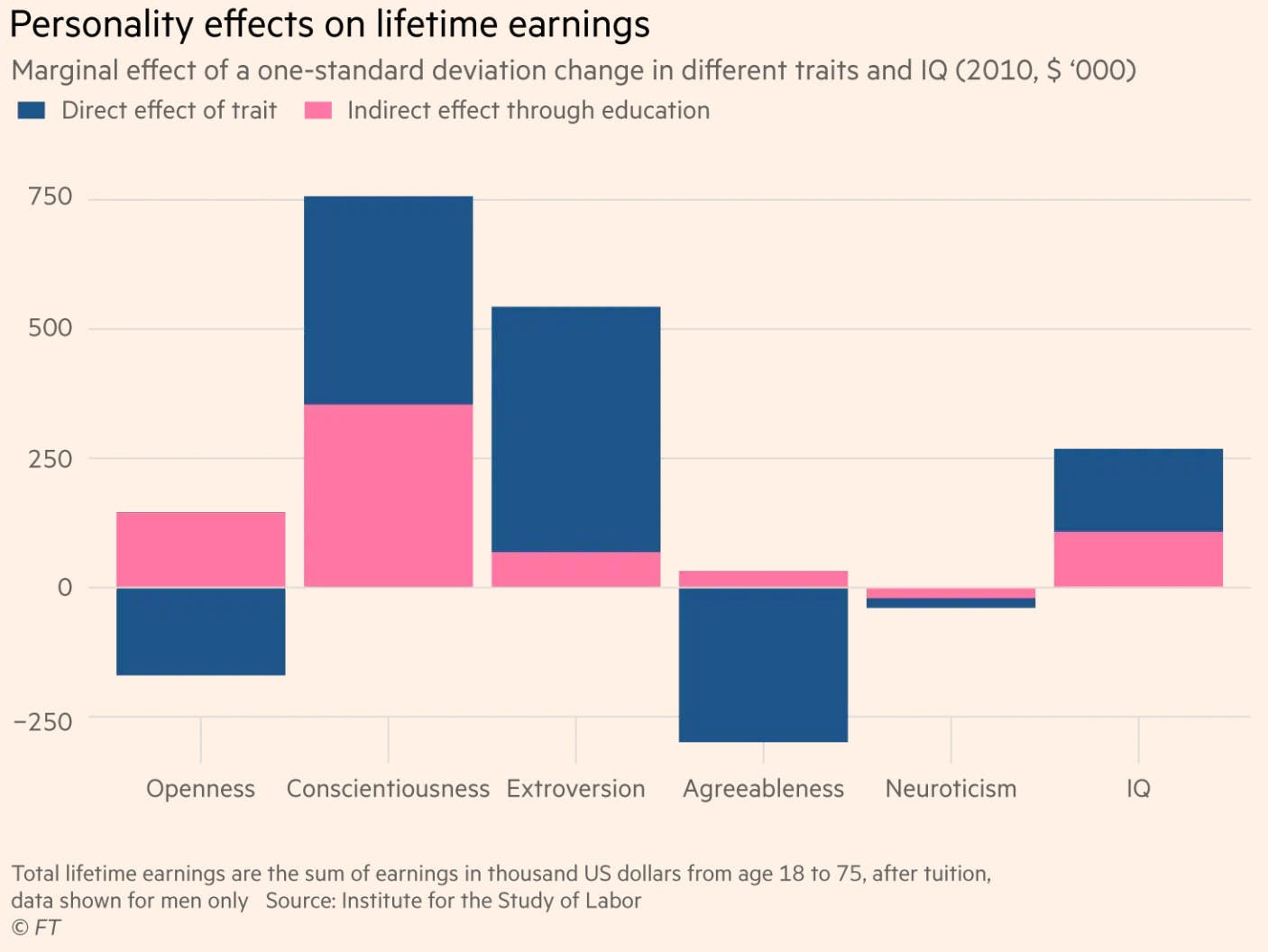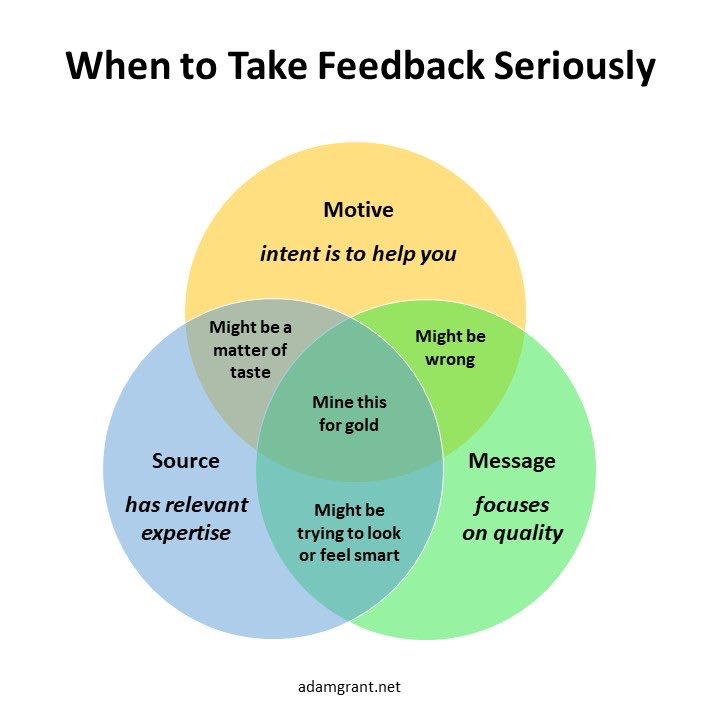HRHeadStart #52: Pay vs Performance/Personality; Framework Thinking; Valuing Feedback
The Talent Agenda
Business/HR leaders widely regard “individual performance” as the key determinant of pay for employees. However, pay is a function of a much wider set of factors such as organizational performance, labour market conditions, individual performance, occupation, job analysis/value, education, experience, seniority, cost of living, gender, minimum wage rules, other regulations, unions' influence etc. Researchers have argued that the wage increases have not kept pace with productivity increases over the last few decades in many countries. It seems that the lion’s share of the gains from productivity improvements were captured by higher-paid corporate/professional jobs and shareholders. Also, implementing performance-based pay effectively is getting harder for a few reasons. Firstly, in many types of jobs, it is getting harder to separate out individual performance from the contribution of others (networked work) and it is hard to determine an objective measure of performance. Next, in some instances, performance-based pay can lead to unhealthy levels of competition between employees - undermining corporate culture. When employees see compensation as a zero-sum game, it is possible that collaboration can take a back seat. Finally, many contemporary approaches simply fail to meaningfully differentiate individual performance through compensation outcomes. If a high performer is handed a 4% increment and an average performer gets 3%, are we creating a strong enough incentive for performance? Check out this insightful post to explore this issue further.
On another note, what does research show about the link between pay and personality traits?
"Conscientiousness has the biggest effect on earnings, according to Bonn’s Institute of Labour Economics. Lifetime earnings for participants were almost $750,000 higher for men who are one standard deviation more conscientious. But about half of that is a result of greater educational attainment. Stripping out education, extroversion is the best-rewarded trait. It adds almost $500,000 to lifetime earnings."
Working Better
Success at work comes not from readily having all the answers, but being able to use great processes and thinking to arrive at them. You might find yourself in chaotic meetings discussing thorny problems in a haphazard fashion. Ideas are thrown about with no clear way of connecting everything. This is where Framework Thinking comes in. By researching and selecting frameworks for any problem in HR (or any other aspect of life), you will start understanding the topic more clearly. You will be able to focus everyone's thinking and enable them to ask better questions. Not only will you come across as someone with an understanding of the subject matter, you will actually help the team make progress faster. Framework Thinking will also help you to ace case interviews and work towards your dream job! Bonus: a useful collection of tools for better thinking.



